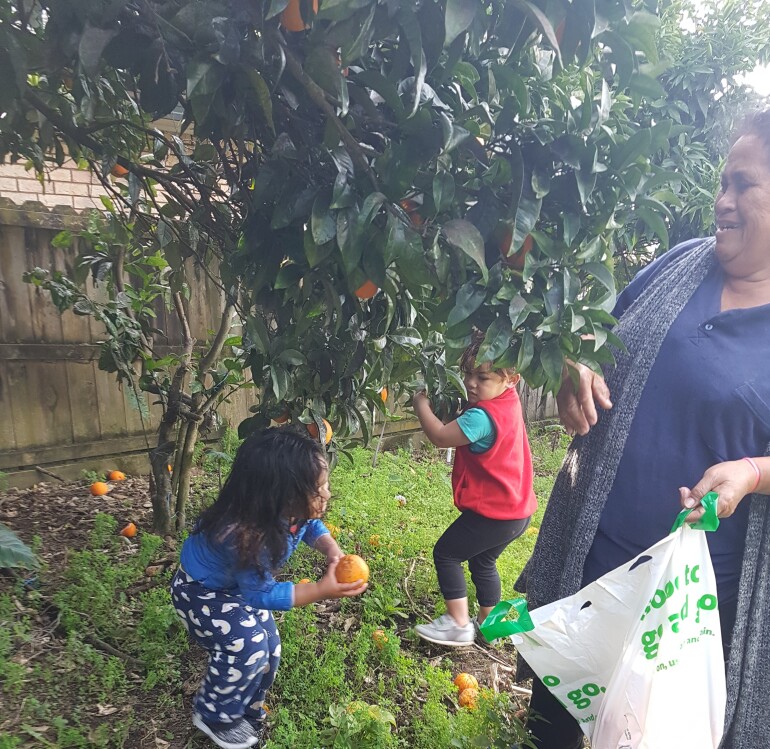News And Events

Partnering with Whanau
1 May 2020Getting to know a child also means getting to know and engaging positively with whānau. This can be done by understanding and acknowledging each other’s values, knowledge and expertise. Whānau have their own way of doing things, their own expectations of children as the grow and differing aspirations for their children’s learning and development.
Whānau are the experts on their own children. Their input and agreement ensures continuity between home and the early childhood environment that whānau have chosen for their child. A consistent approach, shared routines, expectations and boundaries, are ideal to support a child’s ongoing learning.
A home-based Educator may believe, through their own upbringing and culture, that supporting independence is important and may positively encourage a 3-year-old child to dress themselves while in care. However, the child’s whānau might still dress the child at home as, through their culture, they believe they are showing them love by attending to their child’s personal care. These differences of values provide an opportunity to consider each other’s perspective and through positive communication, a shared understanding can be reached. The important thing is that the Educator and whānau can celebrate that both practices are based on a desire for good outcomes for the child.
Children learn to navigate differences when they are clearly described and explained to them. Conversations and openness about finding connections between cultural values or expectations ensures that everyone feels heard and understood. Our Visiting Teachers support whānau and Educators with these conversations face-to-face/kanohi-ki-te-kanohi, through texting, emailing and the use of digital platforms.
Together we can support positive learning experiences in caring, culturally response ways. Engagement and partnership with whānau are central to making sense for children in a world that celebrates and reflects their whānau’s values and aspirations.


